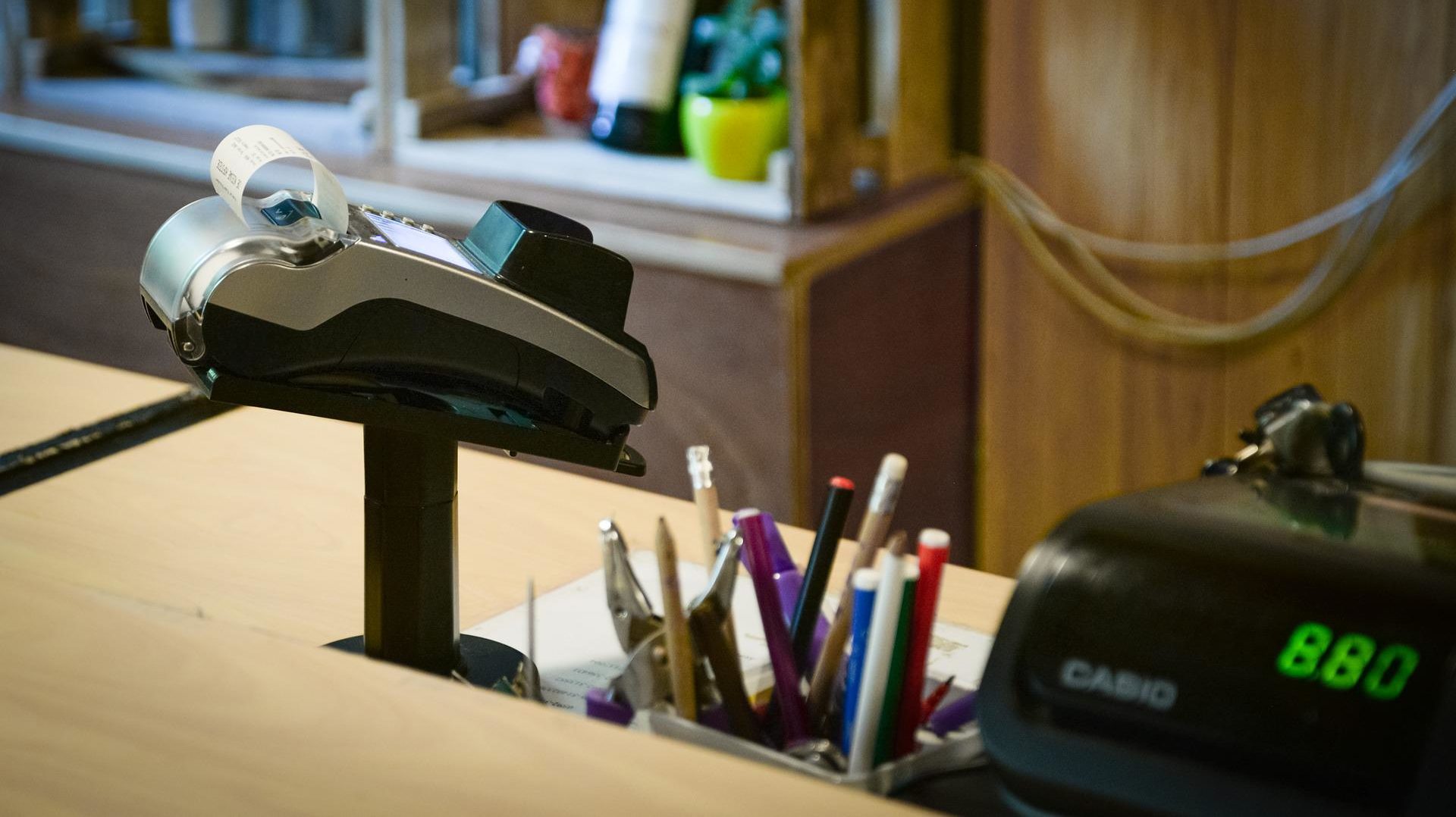With $10 Million Funding, UAE-based ‘Buy Now, Pay Later’ Credit Provider Cashew Eyes Gulf, Egypt Markets
‘A lot of the market value of BNPL companies is based on a belief that they can predict consumer patterns more accurately than banks,’ fintech pioneer says
American and European consumers have long been familiar with the idea of “Buy now, pay later,” but now it has reached the Middle East. Cashew Payments, a United Arab Emirates-based buy-now-pay-later (BNPL) provider, has announced a deal with the Dubai-based Mashreq Bank that will allow it to expand its activity not only in the UAE but in other countries across the region.
“Our partnership with Cashew will lead the way for the future of financial services in the region. We will leverage the full network of Mashreq merchants and consumers to provide our ecosystem with the most ubiquitous and flexible BNPL options in the market,” Mashreq Bank Group CEO Ahmed Abdelaal said.
Mashreq Bank, the oldest privately owned bank in the UAE, has committed up to $10 million to fintech leader Cashew, which currently provides BNPL services to consumers in the Emirates and Saudi Arabia. As part of the strategic investment, Mashreq will integrate Cashew Payment as an option on the bank’s paytech subsidiary NEOPAY, and provide support for the launch of Cashew in Egypt.
A lot of these people are not used to working and consuming with credit. We try to tackle that in several ways, like educating for responsible consumption. Our system can also recognize when a customer exceeds its use and is having a hard time with paying the full price.
“BNPL as a payment option is gaining prominence globally, with UAE BNPL volumes slated to grow by 71% in 2022 versus last year,” Mashreq Bank Senior Executive Vice President Fernando Morillo, group head of retail banking, said.
“Through our collaboration with Cashew, customers can enjoy greater flexibility when meeting their payments. We eagerly await the roll-out of further services as we continue to empower our customers with more choice and convenience in the UAE and, in the future, across Egypt,” Morillo added.
This holiday season, give to:
Truth and understanding
The Media Line's intrepid correspondents are in Israel, Gaza, Lebanon, Syria and Pakistan providing first-person reporting.
They all said they cover it.
We see it.
We report with just one agenda: the truth.


Buy now, pay later is an e-commerce service that allows consumers to spread payments for a product or service over a period of time, generally structured like an installment plan. The e-commerce company guarantees the retailer payment, based on the risk-profile of the customer. Major companies providing the service in the West include Affirm, Klarna and Afterpay.
In the US and Europe, the service is usually associated with retail shopping and luxury consumption. “This is what gave it the initial boost,” Ammar Afif, co-founder of Cashew, told The Media Line.
“However, here in the UAE we see people are using it for a larger variety of things, like traveling, furniture and insurance. It’s a big difference because in GCC [Gulf Cooperation Council] countries you must pay insurance fees ahead, including health insurance, and BNPL allows people to insure themselves better,” he explained.
While BNPL is usually associated with the consumption of goods, Cashew co-founders Afif and Ibtissam Ouassif have a different goal for it.
“We have a vision of financing consumers on different levels, including things that have higher value. What about education? If we extend the period on which we spread payments, students could use the service to fund their time in university. It’s a service that could empower consumers and help them develop themselves,” Afif said.
But providing large amounts of credit to consumers who aren’t experienced with it could also be harmful. Cashew is also available to expats in GCC countries, including poor migrant workers.
“A lot of these people are not used to working and consuming with credit. We try to tackle that in several ways, like educating for responsible consumption. Our system can also recognize when a customer exceeds its use and is having a hard time with paying the full price,” Afif said.
Nadav Lidor, general manager of Brex Israel, said, “When BNPL started it looked like a magical solution for payments. People didn’t realize at first that it’s similar to loans or credit. Today there is more awareness to that, and therefore more regulations.”
Lidor was previously the co-founder and CEO of Weav, a fintech infrastructure startup acquired by Brex, a US fintech giant.
“With inflation going up, it’s more expensive to lend money, and that means if you’re not a bank you will need external capital. Six months ago, these companies had better maneuvering space, but it is harder today,” Lidor told The Media Line.
“A lot of the market value of these companies is based on a belief that they can predict consumer patterns more accurately than banks. They have a lot of data, and if they succeed in building an accurate [customer] profile that helps in assessing how much credit they can give a consumer, it’s very profitable. However, it’s quite hard to be groundbreaking in this sense,” he explained.
“The industry as a whole went through a significant decline in the stock market. It doesn’t mean anything is over, only that some companies have to recalculate how they work. If Cashew learns from West-based companies and uses this lesson, they might be able to do some very interesting things, especially as the concept is relatively new in the MENA region,” Lidor said.

